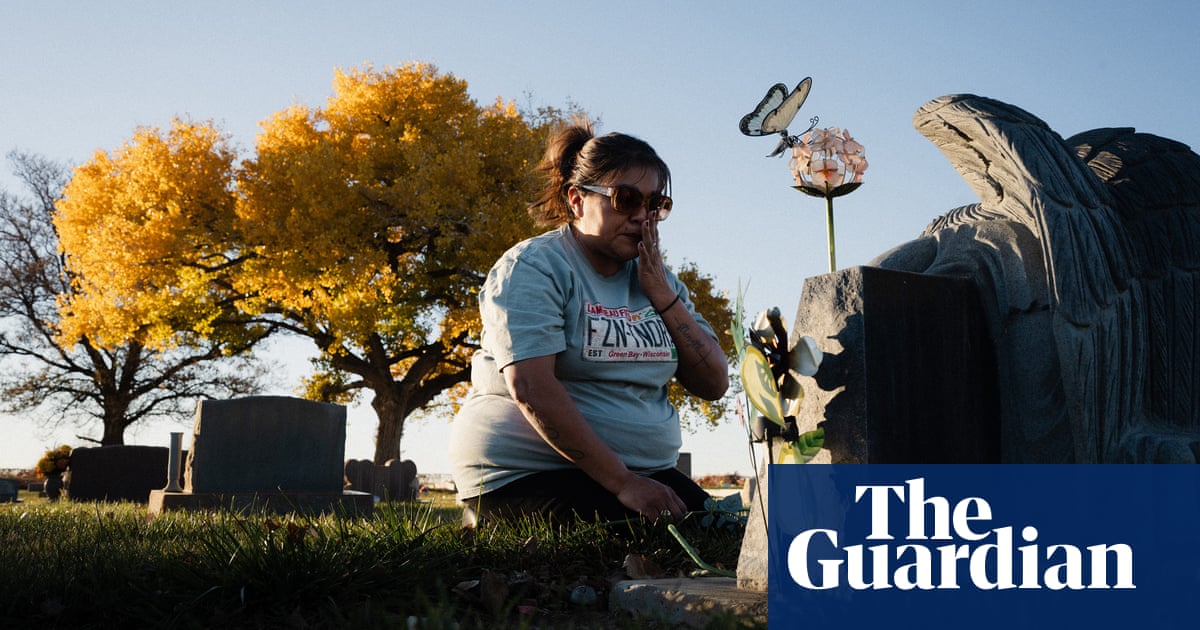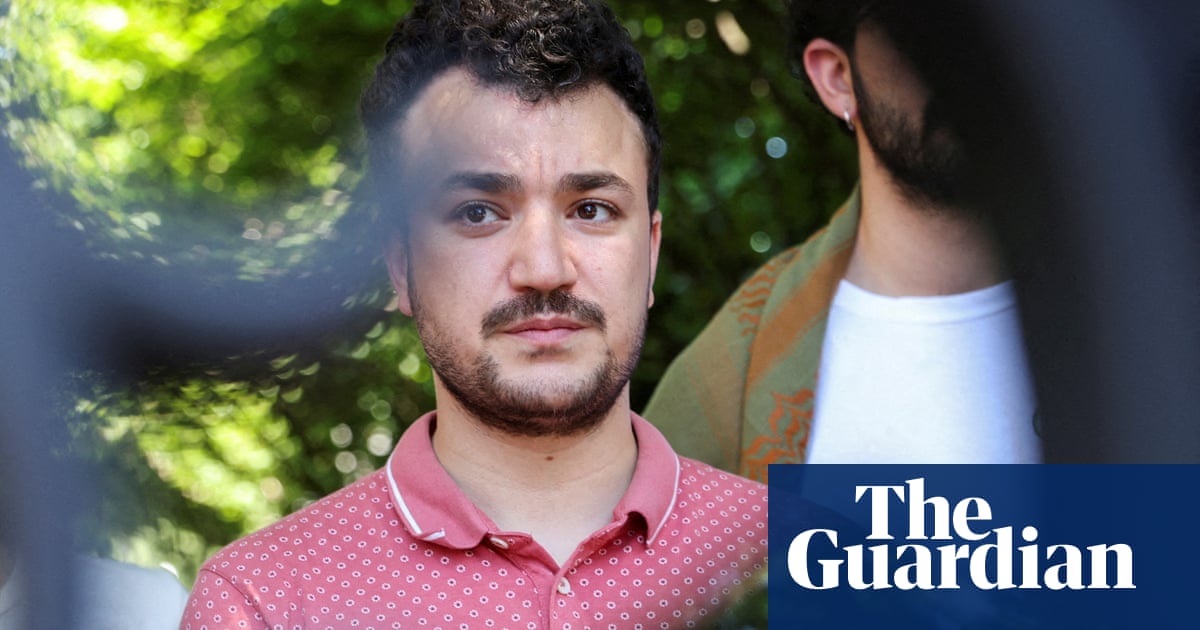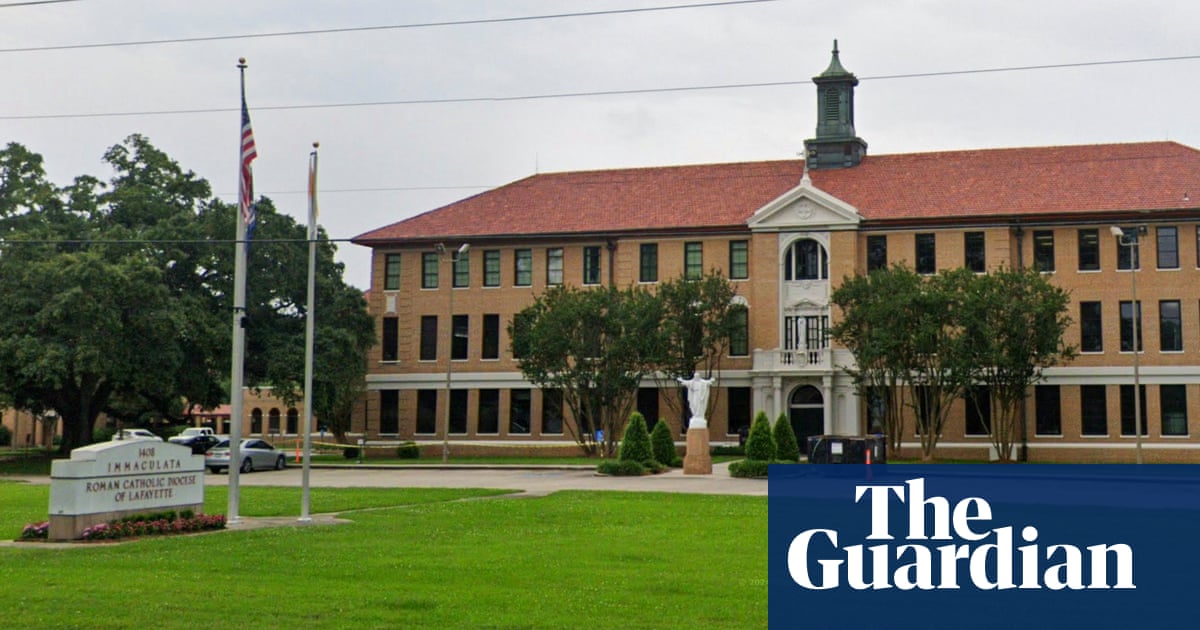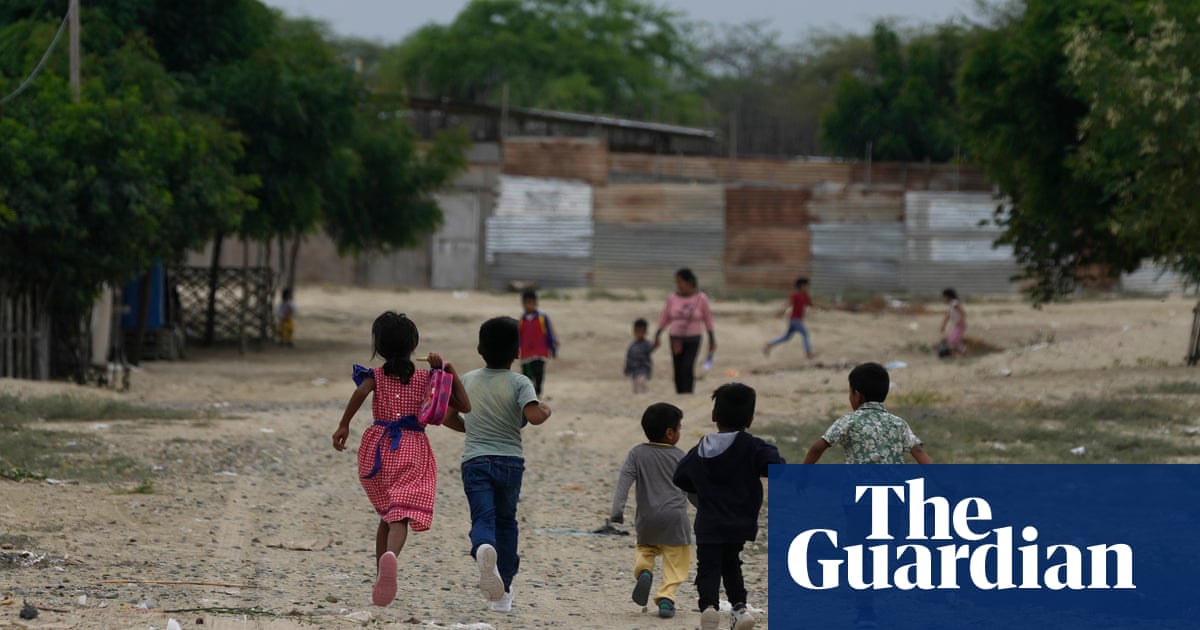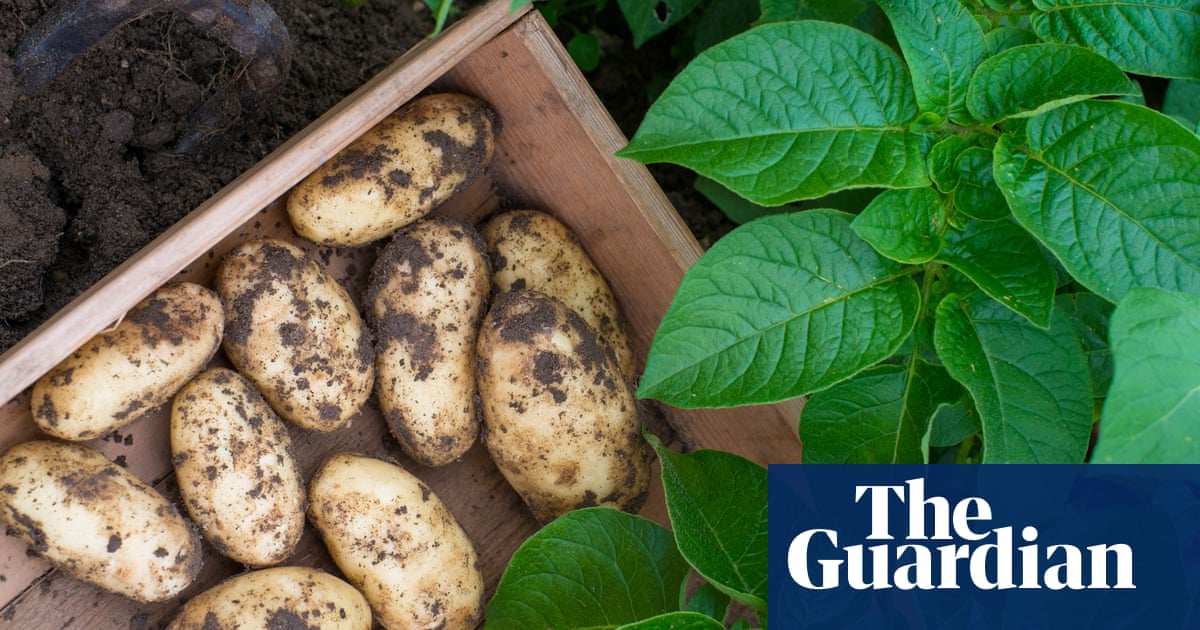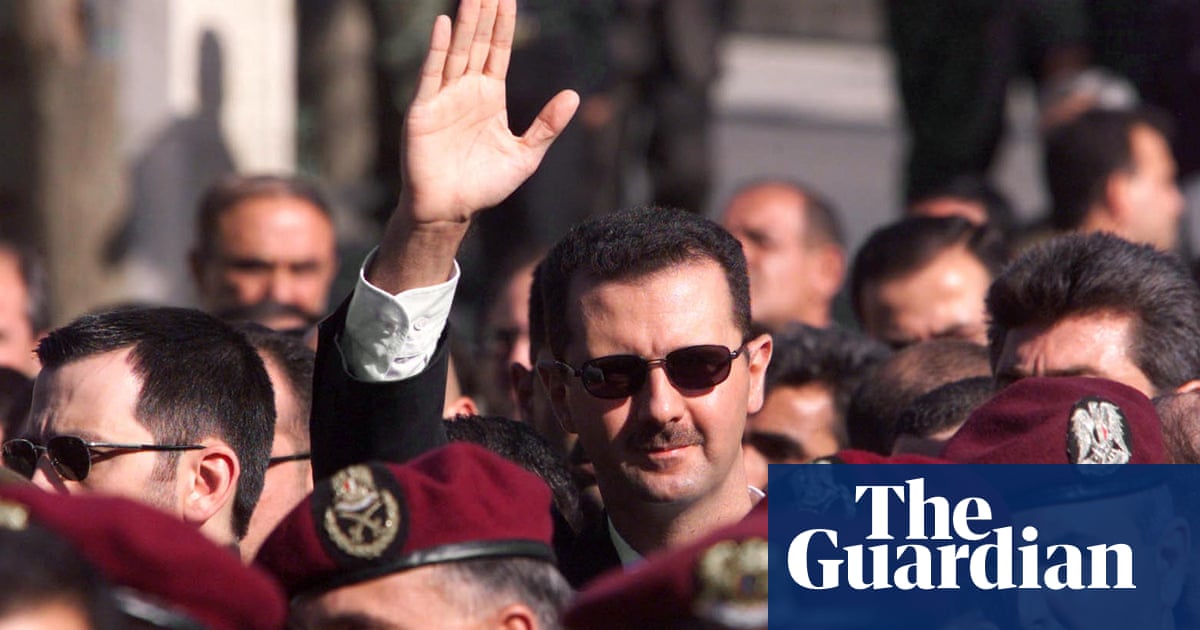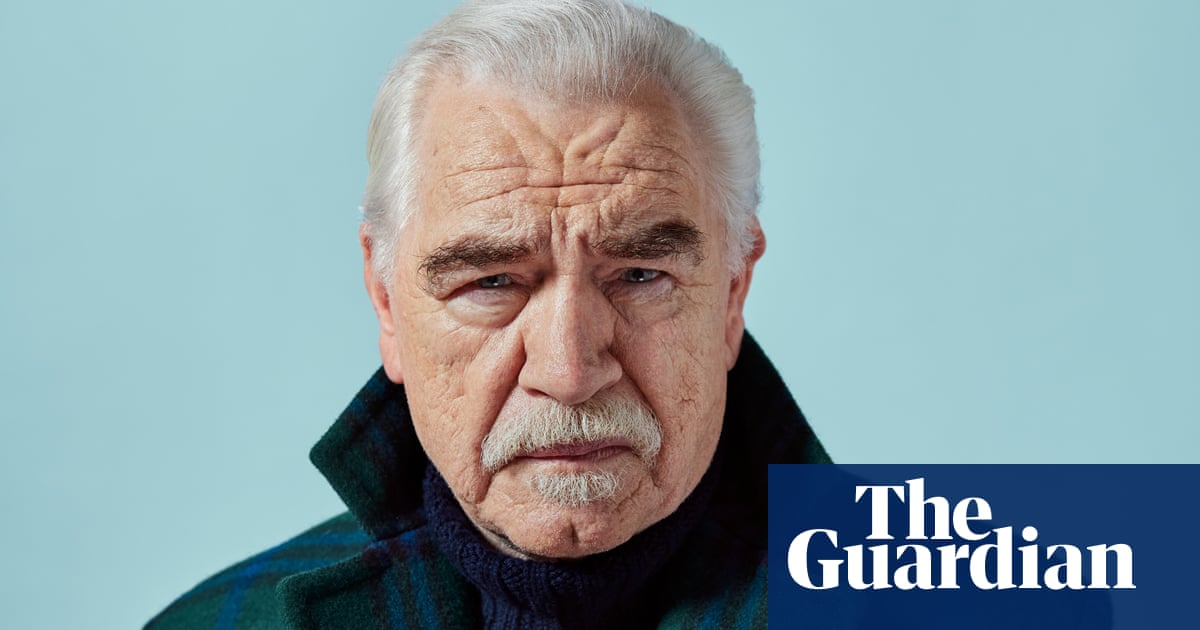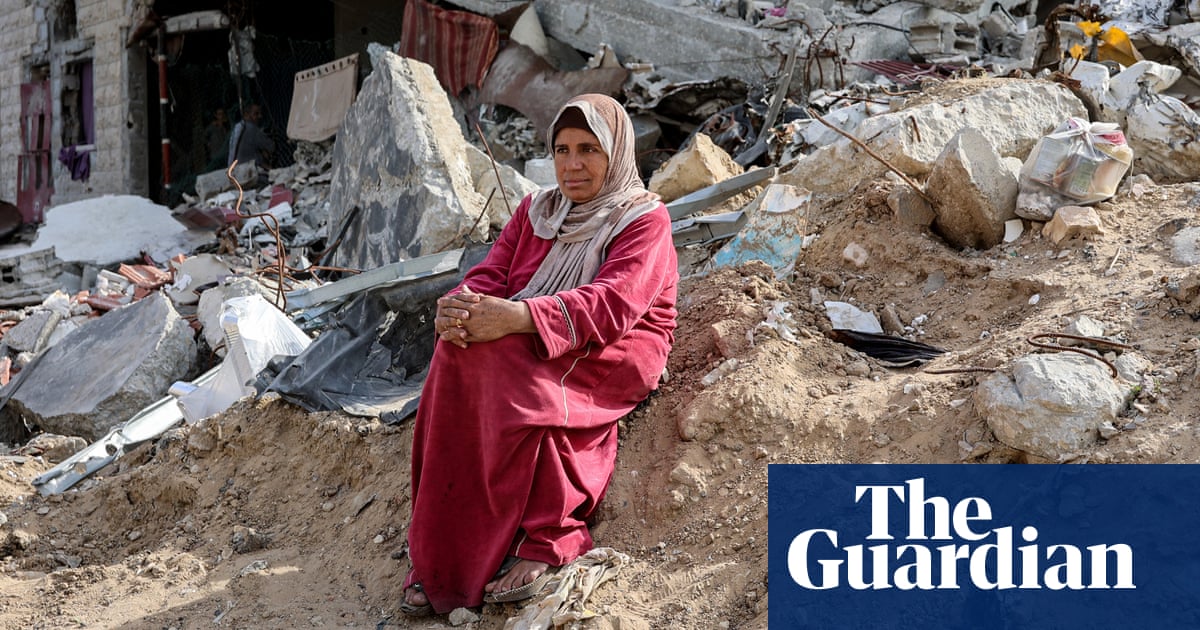I grew up in a middle-class, bourgeois, secular family. My father had a big library. He was interested in art and culture, he would talk about Jean-Paul Sartre. But when I visited my friends’ houses, I discovered they didn’t have many books. Their fathers wanted them to grow up to become pashas, rich statesmen, even religious heroes. No one said: “Be an imaginative writer or an artist,” apart from my father.
My father was a dreamer who wanted to be a poet. My mother was down to earth. She would say, “Darling, if you really want to be a novelist, you won’t make money. You better be an architect.”
At the age of 22, I told my mother, “I won’t be a painter. I will be a writer.” And I killed the painter in me. In the end, I think I became a visual novelist.
When I paint, I behave like a man in the shower singing. I don’t care who’s listening to me, no one will hear my horrible voice, I’m happy there. But when I write a novel, I have only silence. I’m like a guy playing chess, picking up words, scratching his head. I’m much more controlled and cerebral.
If I say to my students, “Take an empty piece of paper and write,” they will panic. But if say, “What do you hate most? What did you eat this morning?” This they can imagine. Focus on the things you know and then allow your imagination to work.
Modernity versus tradition is not just a Turkish problem, it is the problem of global humanity. But it is more visible in what you might call a third world or post-colonial country because the contradiction is more obvious. At the heart of it, everyone wants modernity but also to honour local culture, which is impossible. Modernity cancels out some part of traditional culture. I like to write about these things.
Istanbul is an index of my memories – I have lived all my life here. I have a physical relationship with the city. I remember things that happened as I pass a fountain or a bridge – the jealousies, failures, falling in love, the moment my first book was published and I saw it in the window of a bookshop. The city becomes a mechanism that evokes memories and keeps them alive.
I fear many things: campaigns against me, physical attacks, government officers banning my books. All my life I have slalomed between not accepting repression and danger. I have some fame, so I can say things others cannot. That has been a privilege.
Literature is not only about chronicling repression, but discovering that, under repression, there is humanity.
What is human character? That is the subject of all literature in the end.
I like cooking. To be a defender of women, a feminist, as much as a man can be a feminist in the Middle East, then you have to work in the kitchen and cook for your family. In my case, it means saying to my wife, I’m going to do the cooking for a bit.
My father would recite Ottoman poetry. He had an immense memory. He was a member of the Turkish national bridge team. Being good at bridge is based on having a brilliant short-term memory.
A well-meaning writer, a decent guy who wrote some good books and did some art… That is how I want to be remembered.
Memories of Distant Mountains, Illustrated Notebooks, by Orhan Pamuk is published by Faber Books at £35. Buy it for £29.75 at guardianbookshop.com

 2 months ago
33
2 months ago
33





